How to Unlock the Essentials: A Comprehensive Guide to Factors, GCD, Factorization, and LCM
Let's break down the concepts of factors, greatest common divisors (GCD), factorization, and least common multiples (LCM) in a step-by-step guide.

Step-by-step Guide to Master Factors, GCD, Factorization, and LCM
1. Understanding Factors
- Definition: Factors of a number are integers that divide the number without leaving a remainder.
- Finding Factors:
- To find the factors of a number, divide the number by integers starting from \(1\) up to the number itself.
- Include only those divisors that result in a whole number.
2. Greatest Common Divisor (GCD)
- Definition: The greatest common divisor of two numbers is the largest number that divides both of them without leaving a remainder.
- Finding GCD:
- List the factors of each number.
- Identify the common factors.
- The highest of these common factors is the GCD.
3. Factorization
- Definition: Factorization is the process of breaking down a number into its factors.
- Types of Factorization:
- Prime Factorization: Breaking down a number into its prime factors.
- Integer Factorization: Breaking down a number into a combination of integers.
- Process:
- Divide the number by prime numbers starting from the smallest (\(2, 3, 5\), etc.).
- Continue dividing until only \(1\) remains.
4. Least Common Multiple (LCM)
- Definition: The least common multiple of two numbers is the smallest number that is a multiple of both.
- Finding LCM:
- Perform prime factorization of each number.
- Multiply the highest power of each prime factor that appears in the factorization of either number.
5. Practical Applications
- GCD and LCM are used in solving problems involving ratios, proportions, and fractions.
- Factorization is crucial in simplifying algebraic expressions and solving equations.
6. Tips and Tricks
- Use the Euclidean algorithm for a quicker calculation of GCD.
- Understand and use divisibility rules to make factorization easier.
- For LCM, remember that \(LCM \ (a, b) \times GCD \ (a, b) = a \times b\).
Final Word
- Factors, GCD, factorization, and LCM are fundamental concepts in mathematics, especially in number theory and algebra.
- Mastery of these concepts enhances problem-solving skills and understanding of more complex mathematical concepts.
Examples:
Example 1:
Determine Factors of \(15\).
Solution:
The factors of \(15\) are \(1, 3, 5\), and \(15\) since \(15÷1=15\), \(15÷3=5\), \(15÷5=3\), and \(15÷15=1\).
Example 2:
Find GCD of \(18\) and \(24\).
Solution:
Factors of \(18\) are \(1, 2, 3, 6, 9, 18\), and factors of \(24\) are \(1, 2, 3, 4, 6, 8, 12, 24\). The highest common factor is \(6\).
Related to This Article
More math articles
- 8th Grade STAAR Math Practice Test Questions
- HL Congruence: The Special Case of Right Triangles
- How To Get A Perfect Score Of 800 On SAT Math?
- Cofunction Identities
- The Ultimate 6th Grade NJSLA Math Course (+FREE Worksheets)
- The Ultimate ISASP Algebra 1 Course (+FREE Worksheets)
- Top 10 7th Grade MAP Math Practice Questions
- How Is the CLEP College Algebra Test Scored?
- Best Calculators for Electrical Engineering Students In 2024
- 10 Must-Have Math Teacher Supplies






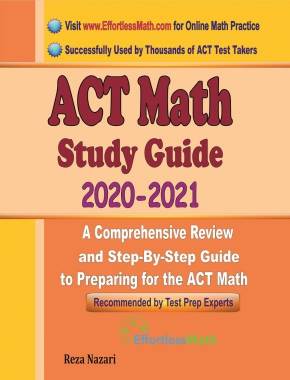



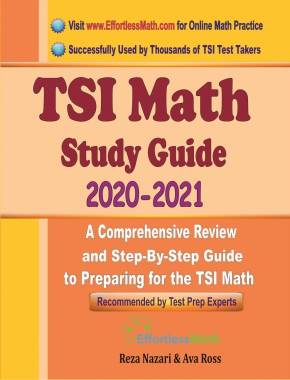
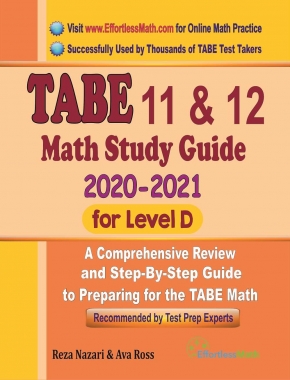
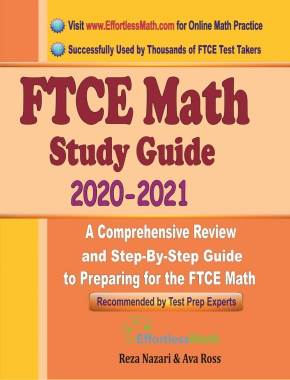

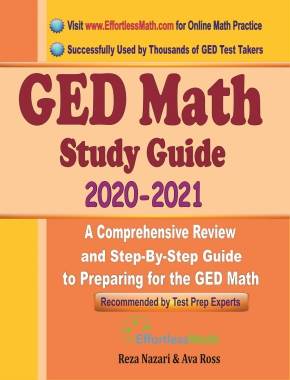









What people say about "How to Unlock the Essentials: A Comprehensive Guide to Factors, GCD, Factorization, and LCM - Effortless Math: We Help Students Learn to LOVE Mathematics"?
No one replied yet.